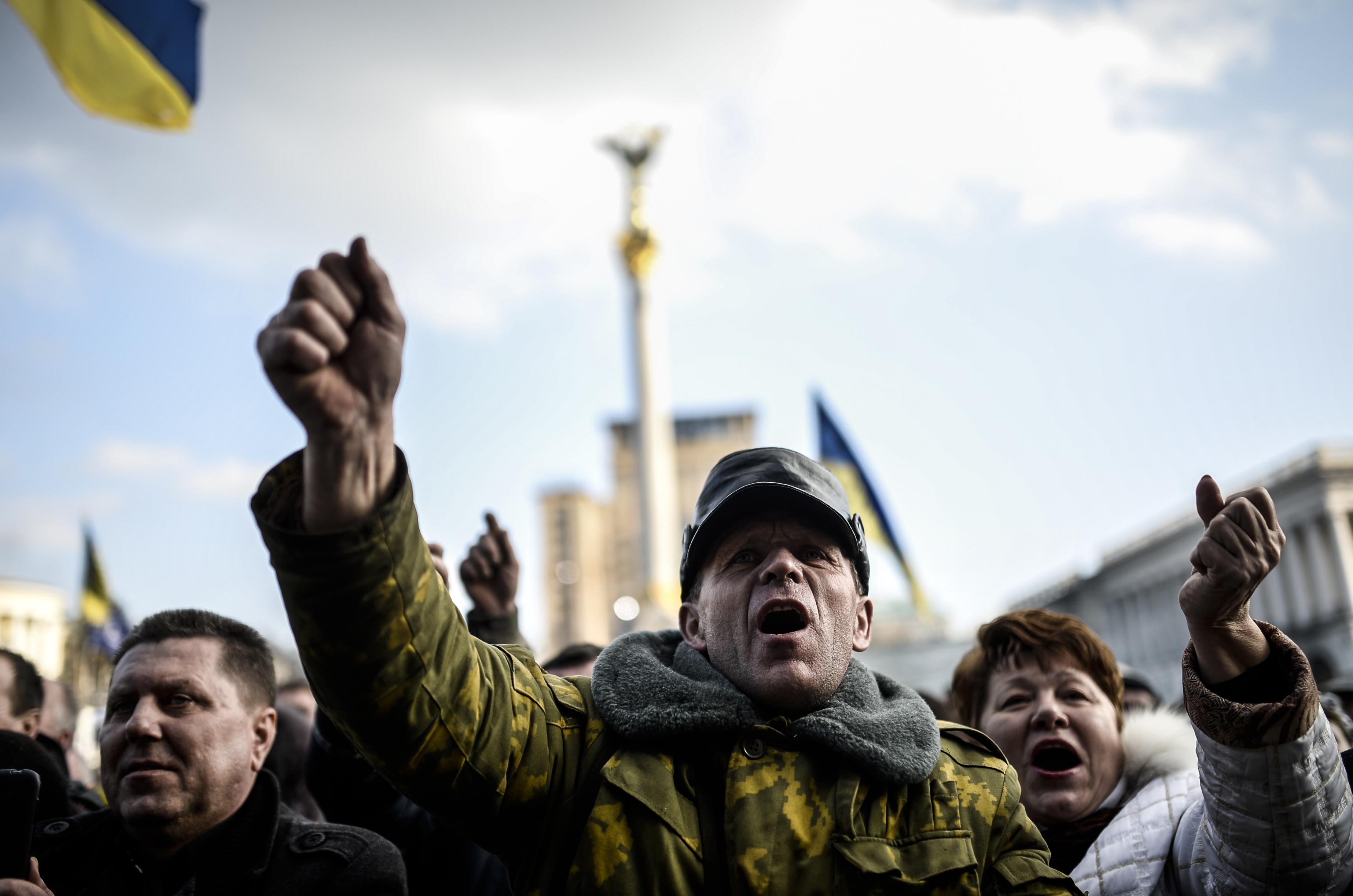After an incrediably bloody week that left a still-untold number of protesters and police dead in Ukraine, the nation’s president, Viktor Yanukovych, and opposition leaders reached a tentative deal Friday that calls for early elections and a new government.
The deal is being hailed as a potential breakthrough in the three-month long—and increasingly violent—battle over Ukraine’s future between the government, which wanted closer ties to Russia, and protesters, who want the nation more closely aligned with its European neighbors to the west. Still, as the New York Times explains, it’s unclear if the deal will be enough to bring an end to the violence that has engulfed Kiev these past few days:
Any deal that does not include the president’s departure, however, is unlikely to get the approval of the mass of protesters, and it was uncertain whether, in the event of a final deal, the protest movement’s political leadership could deliver the support of an angry base comprising many different groups and factions. Several demonstrators in the street said that the Yanukovych plan was unacceptable and that the so-called opposition leadership did not speak for them.
The two sides have struck deals and truces before only to see them collapse, often quickly. Although those agreements were reached without the help of the high-level E.U. and Russian mediators who helped hammer out the details of the agreement overnight, so this accord would seem to have a better chance than most. For now, we’ll have to wait and see.
